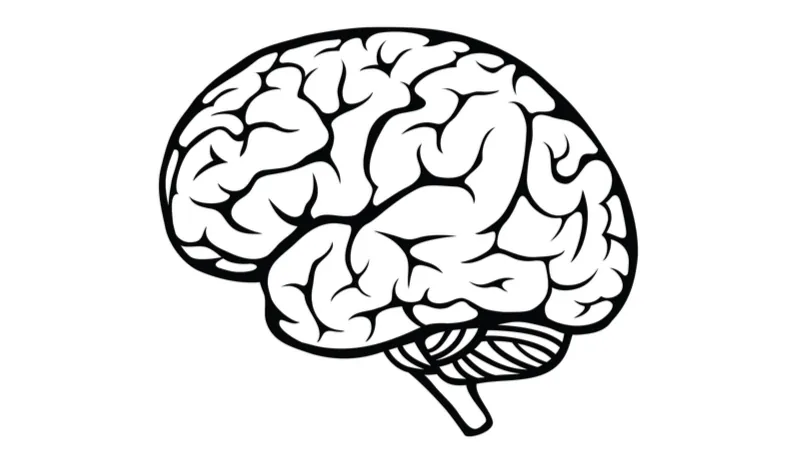Brain
The brain is perhaps the most important organ in the body. While many organs are critical to our survival, the brain contains the self. It is responsible for personality and consciousness and is what differentiates us most from other species. Through the coordination of billions of neurons, the brain exerts executive control over the rest of the body. It interprets information from our senses, allowing us to hear, see, touch, taste, and smell. It gives us our emotions, from the simplicity of happiness and fear to the complexity of jealousy and love. We also have our brains to thank for the movement of our muscles.
Unfortunately, like the rest of our organs, the brain is not impervious to the damages of life. Some of these occur early, such as the various brain-related congenital defects, while others can manifest at any stage of life, such as seizures, mental disorders, infections, and traumatic brain injuries. The risk of brain tumors, stroke, Alzheimer’s, Parkinson’s, and many other neurodegenerative diseases increases dramatically once we reach old age.
The brain goes through many changes as we age, including reduced plasticity, decreased glucose sensitivity, decreased blood flow, reduced neurogenesis, and increased accumulation of misfolded proteins, such as the infamous beta amyloid and tau. These diseases remain especially difficult to treat, even relative to other age-related diseases. This is true of Alzheimer’s in particular, which remains the only top 10 cause of death in the US without a disease-modifying treatment.

